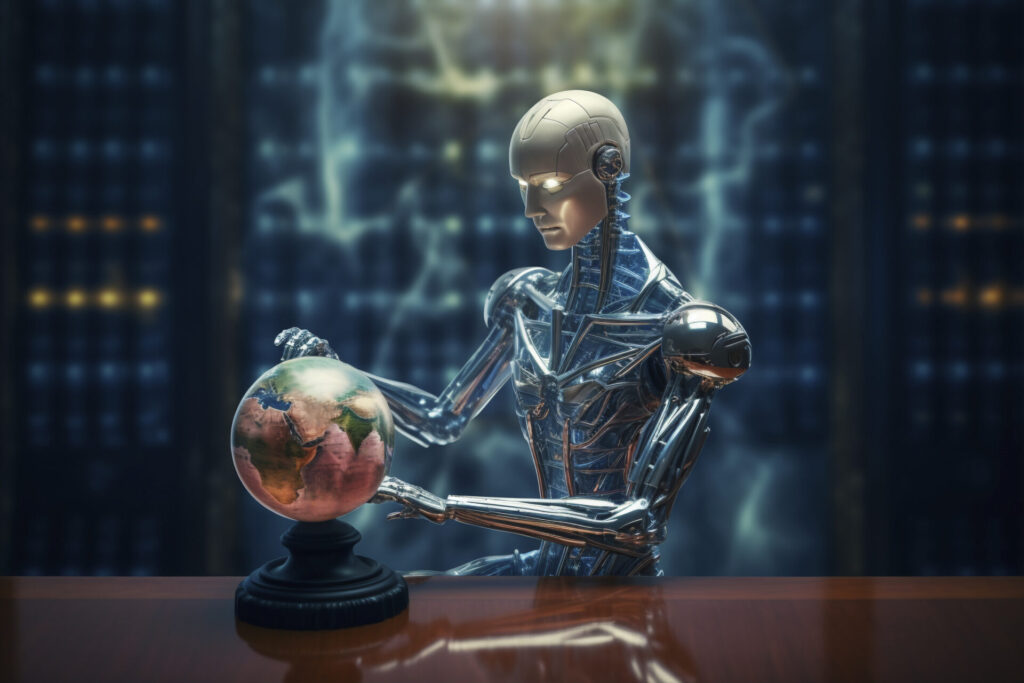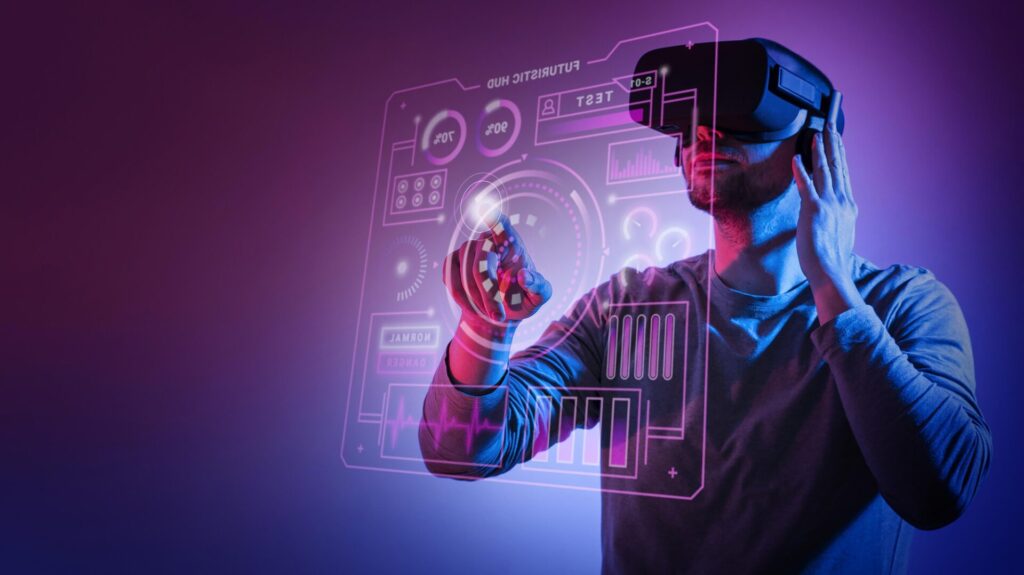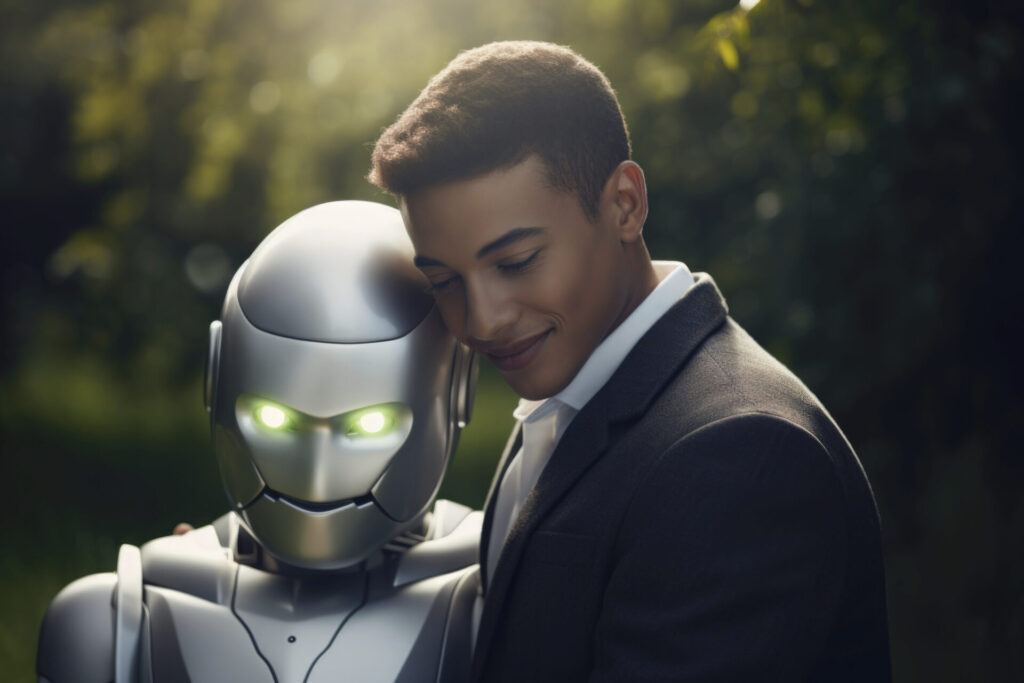
Artificial Intelligence (AI) is no longer a futuristic concept—it is actively transforming industries and daily life. From smart assistants to AI-powered healthcare, its impact is everywhere. AI enhances efficiency, decision-making, and innovation, reshaping sectors like finance, education, and transportation. As AI adoption grows, it will unlock new opportunities, redefine work, and revolutionize human interactions. This blog explores how AI is shaping our world today, the transformations expected by 2030, and key AI agent trends in 2025.
How is Artificial Intelligence Changing Everyday Life?

AI has seamlessly woven into our daily lives, making tasks more efficient, personalized, and convenient. Whether it’s how we communicate, shop, travel, or receive medical care, AI-powered innovations are streamlining everyday experiences. As AI technologies evolve, their presence will only grow, making interactions more intuitive and tailored to individual needs. Here are some key ways How Artificial Intelligence is Transforming the World.
• Smart Assistants and Automation
AI-powered virtual assistants like Siri, Alexa, and Google Assistant have become household staples, helping users with voice-activated commands, setting reminders, playing music, and even controlling smart home devices. These AI assistants use machine learning and natural language processing (NLP) to understand and respond to human queries. Additionally, automation driven by AI enhances workplace productivity, automating routine tasks and allowing employees to focus on strategic roles.
• Healthcare Advancements
AI is revolutionizing healthcare through predictive analytics, robotic surgeries, and personalized medicine. AI-powered algorithms can detect diseases like cancer at an early stage by analyzing medical images, while chatbots provide 24/7 assistance to patients, reducing the burden on healthcare professionals. AI is also being used to develop new drugs, optimize treatment plans, and assist in remote healthcare monitoring.
• Personalized Shopping and Recommendations
Retailers and e-commerce platforms leverage AI to enhance customer experiences. Algorithms analyze browsing history, preferences, and purchase behavior to suggest personalized products. Companies like Amazon, Netflix, and Spotify use AI-driven recommendation systems to keep users engaged by offering content tailored to their interests. This level of personalization enhances user satisfaction and boosts business revenue.
• Self-Driving Vehicles and Transportation
Autonomous vehicles, powered by AI, are on the rise, with companies like Tesla and Waymo making significant progress in self-driving technology. AI helps optimize navigation, traffic control, and accident prevention, improving overall transportation efficiency. Ride-sharing companies are also integrating AI for dynamic pricing, route optimization, and predictive demand analysis.
• AI in Education
AI-powered tools like personalized learning platforms, smart content generation, and automated grading systems are transforming education. AI tutors adapt to students’ learning styles, offering customized study plans and interactive lessons. AI-driven chatbots assist students with queries, making learning more accessible and engaging.
• Financial Services and Fraud Detection
AI is extensively used in the financial sector for fraud detection, risk assessment, and algorithmic trading. AI-driven chatbots and virtual assistants help customers manage accounts and execute transactions with ease. Banks and financial institutions use AI-powered risk assessment models to evaluate loan applicants and detect fraudulent activities in real time.
• Content Creation and Media
AI-generated content is gaining popularity, from automated news reports to AI-written scripts and artwork. AI tools like ChatGPT assist in writing, editing, and summarizing content quickly and efficiently. AI is also being used in video and image generation, allowing businesses to create engaging marketing materials effortlessly.
Grok 3 vs. Previous AI Versions – If you compare Grok 3 with older models
How Will AI Change the World by 2030?

AI is set to bring transformative changes to society by 2030, redefining industries, employment, and the way we interact with technology. AI will not only enhance automation but also contribute to groundbreaking innovations in healthcare, urban development, sustainability, and beyond. The impact of AI will be deeply felt across various sectors, reshaping economies, job markets, and human interactions with intelligent systems. Here are some major predictions:
• AI-Driven Healthcare Revolution
By 2030, AI is expected to play a dominant role in precision medicine, drug discovery, and real-time health monitoring. Wearable AI devices will provide continuous health insights, reducing hospital visits and promoting preventive care. AI will assist doctors in diagnosing complex diseases, improving patient outcomes.
• Widespread Adoption of Autonomous Vehicles
Fully autonomous cars will likely become mainstream, significantly reducing accidents caused by human error. AI-driven traffic management systems will improve road efficiency and reduce congestion. Public transportation systems will also integrate AI to enhance scheduling and operational efficiency.
• AI-Powered Smart Cities
Cities will integrate AI to optimize energy consumption, enhance security, and manage resources efficiently. AI-driven surveillance, traffic control, and emergency response systems will make urban living safer and smarter. AI will also contribute to sustainable urban planning, reducing environmental impact.
• AI in the Workplace and Job Market
AI will automate repetitive and mundane tasks, allowing humans to focus on creative and strategic roles. However, this shift will require reskilling and upskilling as AI creates new job opportunities in AI management, cybersecurity, and human-AI collaboration.
• Advanced Human-AI Collaboration
By 2030, AI will work alongside humans as co-workers, assisting in research, decision-making, and creative processes. AI-powered brainstorming tools will enhance productivity and innovation.
• AI in Climate Change and Sustainability
AI will play a critical role in addressing climate change by optimizing energy consumption, improving weather predictions, and facilitating smart agriculture. AI-driven solutions will help monitor deforestation, track pollution levels, and develop eco-friendly technologies.
• Hyper-Personalized User Experiences
From AI-driven personal coaches to digital companions, AI will cater to individual needs with unprecedented precision.
Conclusion
Artificial Intelligence is undeniably transforming the world, reshaping industries, and redefining the way we live and work. By 2025, AI agents will become more autonomous, emotionally intelligent, and integrated into our digital interactions. As AI continues to evolve, it is crucial to embrace its potential while addressing ethical concerns and ensuring responsible AI development.
The future is AI-driven, and those who adapt to this transformation will thrive in a world where technology and human intelligence coexist harmoniously. Are you ready for the AI revolution?
Learn More About – How Artificial Intelligence is Transforming the World
